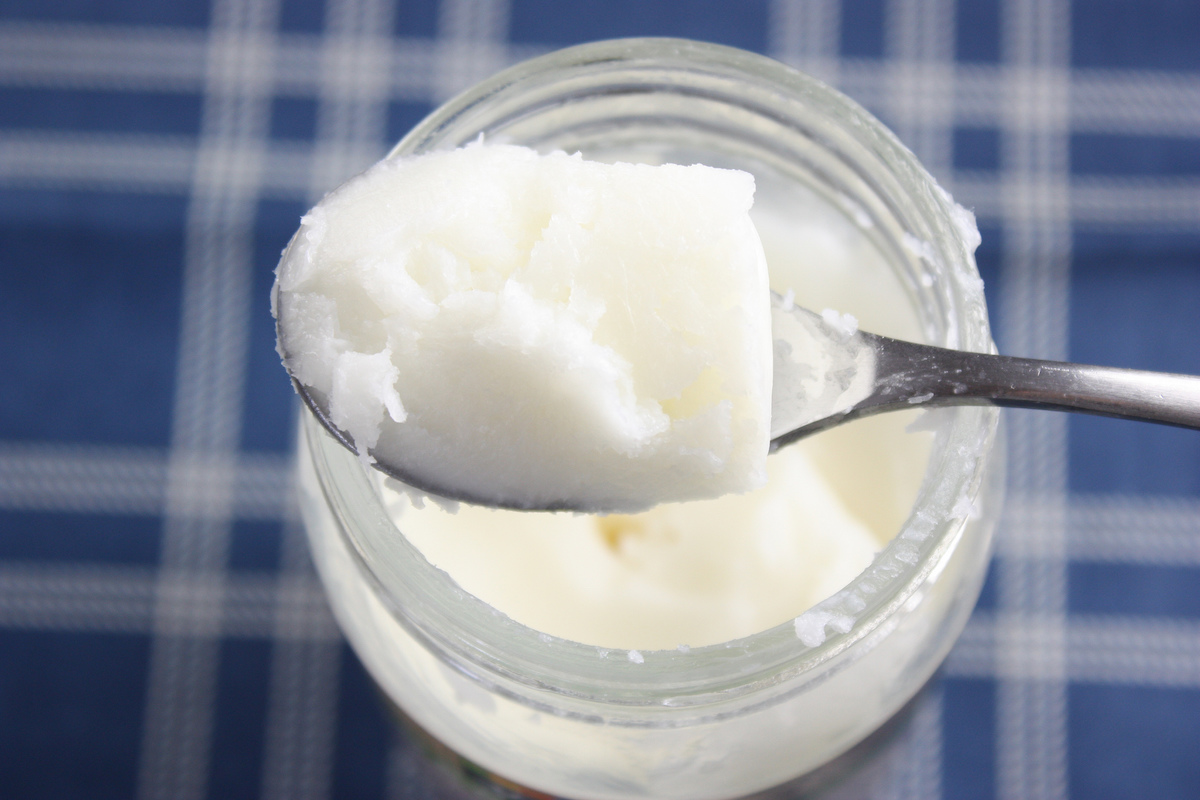Study Says Coconut Oil Could Have Medical Benefits

Coconut oil photo by Meal Makeover Moms via Flickr/Creative Commons
Ever-trendy coconut oil is known for being a jack-of-all-trades, used as everything from a moisturizer to a stain remover. Now, a new study from Tufts says it could prevent disease, too.
Tufts’ researchers found that coconut oil could effectively control growth of a fungal pathogen called C. albicans, high levels of which can lead to serious bloodstream infections. The study results, published last week in microbiology journal mSphere, show that mice who were fed a coconut oil-rich diet, as opposed to a diet high in beef tallow or soybean oil, had significantly reduced levels of C. albicans in their gastrointestinal systems. The fatty acids in coconut oil showed natural anti-fungal activity that helped combat the harmful pathogen and reduce pre-existing fungus levels.
C. albicans is the most common fungal pathogen in humans. While it’s a normal part of the gastrointestinal tract, spreading to other parts of the body can lead to serious yeast infections like invasive candidiasis—which, unlike relatively harmless vaginal yeast infections, can be fatal. Patients with compromised immune systems are at higher risk for these diseases, since the pathogen is then able to spread from the gut to the rest of the body.
The Tufts study suggests that coconut oil could be the first cheap, dietary way of treating these fungal diseases. That’s a big deal, since they are currently treated with expensive antimicrobial drugs that, after repeated use, may encourage growth of drug-resistant pathogens.
“We want to give clinicians a treatment option that might limit the need for antifungal drugs,” says Kearney Gunsalus, a fellow at Tufts’ Sackler School of Graduate Biomedical Sciences and the study’s author, in a statement. “If we can use coconut oil as a safe, dietary alternative, we could decrease the amount of antifungal drugs used, reserving antifungal drugs for critical situations.”
The study authors also suggested that their model could help illuminate the connection between human diet, microbes in the body, and development of disease.


